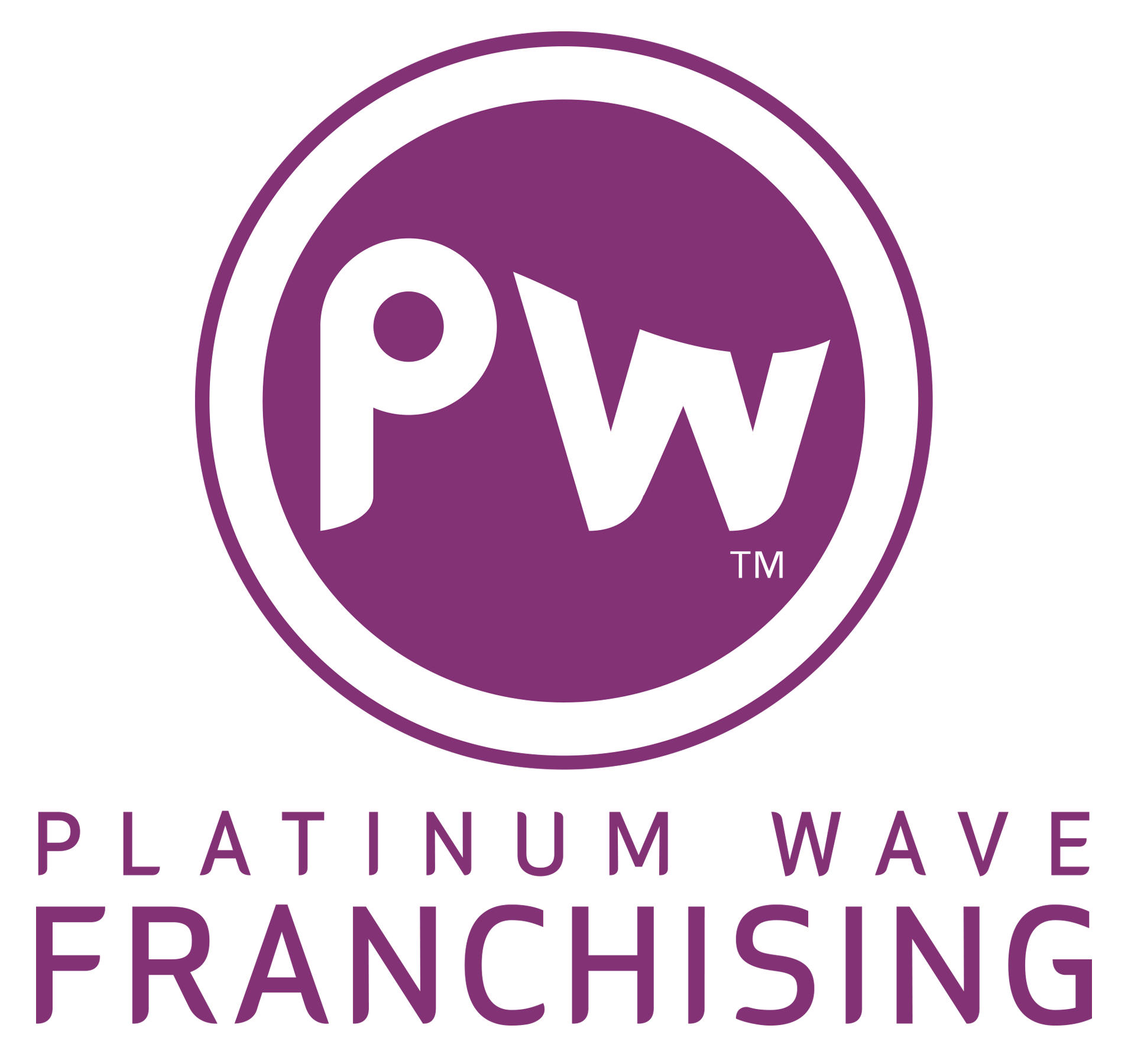A workable and detailed business plan tailored to your goals is a must
For any business to grow, investment is usually required, not only in terms of time and effort, but in the majority of cases significant financial investment too. Often, the required investment is greater than can be managed within the business and this is when commercial backing becomes necessary.
Securing appropriate funding is a key part of successful expansion. A balance needs to be struck between the need for borrowing and the income likely to be generated to provide your products/services. For any form of growth, risk should be mitigated through analysis and proper planning to protect both the business and its customers long term.
Securing the best deal
An independent funding sourcing organisation that has relationships with all the main banks, satellite lenders and funding circles is your best option, as it will be able to secure the best deal possible.
A funding sourcing organisation will initially undertake a viability check prior to approaching any lenders in order to assess the likelihood of securing borrowing. It will look at an individual or company’s background, assets and liabilities and the business idea.
It’s crucial to provide accurate information to ensure a realistic evaluation and assessment. Armed with this information, a funding sourcing organisation can select the most appropriate lender to potentially back the project.
Detailed business plan
To secure any business borrowing, a detailed business plan is usually necessary, setting out goals for the future and the strategy for how you’re going to reach these objectives. It will also need to include information on cash flow, budgets and projections, as well as an analysis of strengths, weaknesses, opportunities and threats.
Business plans should be realistic and achievable, using existing financial records to help with forecasting. They should detail milestones and set out a clear road map, indicating thresholds when, for example, additional staff can be taken on or when the business can afford to expand further.
Focus on the figures
The starting point with any business expansion plan is the analysis of existing figures. So step one of the process is to ensure your accounts are up to date.
Key performance indicators are an essential part of business planning. Monthly turnover, cost of sales and gross profit are the most important KPIs, as at a glance you get a good idea of how a business is performing at a high level.
There will be some more specific metrics that are tracked behind these, which might include variable and fixed costs such as staffing, training, recruitment, heating, cleaning and marketing.
Tracking back KPIs helps with planning. Consider a target of increasing customers by 30 per cent. Work back and isolate what can directly affect the goal and then you can monitor these metrics: 30 per cent growth equals 20 more customers equals five more staff, 10 more items of equipment, etc.
The same logic can be applied to your marketing. How many leaflets and adverts are needed to create X number of enquiries, which ultimately become X number of customers?
So whether you’re starting out, looking to grow or run an existing business, raising finance requires a workable and detailed plan tailored to your goals. This will help you source funding from the most suitable lender. Using an independent funding expert will help you shop around and secure the best deal for carefully managed expansion.
The author
Carl Reader is chairman of business advisory firm d&t











_59_59_80_s.jpg)

















